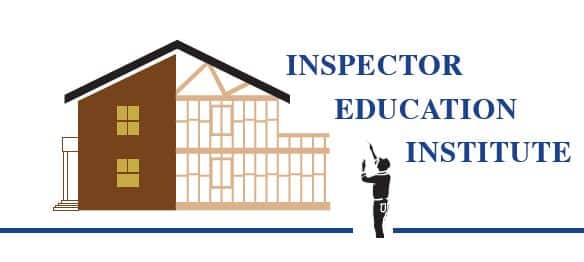New Jersey Pre-Licensing Home Inspection Certificate Program
Course Curriculum
This course meets the pre-licensing requirements necessary for individuals interested in becoming home inspectors in New Jersey and has been approved by the New Jersey Home Inspection Advisory Committee (HIAC). The course consists of 200 classroom hours and includes instruction in the major components of a residential building as outlined in the Role Delineation Study conducted by the Examination Board of Professional Home Inspectors and suggested as the curriculum by the HIAC. Topics covered include roofing, exterior and drainage, plumbing systems, heating systems, electrical systems, interior components and insulation, structural components, ventilation, air conditioning systems and heat pumps, communications and professional practices and more.
To meet licensure requirements, students are also required to complete 40+ hours of fieldbased (on-the-job) training. Students accompany experienced and licensed home inspectors on at least 16 actual home inspections partaking in the inspection process and completing a home inspection report. Students then attend at least 2 4-hour report writing workshops to have their reports reviewed to ensure compliance with professional standards and reporting methodologies.
The cost of the field-based training is included in the course tuition.
Textbook rental and course material are included. Tools and equipment are extra
Classroom:
Via Webinar – Tuesdays, 6-10pm & Thursdays, 6-10pm & Saturdays, 8am-3pm
Field-based Training: 16 Field Based Training Inspections over a 90 day period
Course Descriptions
